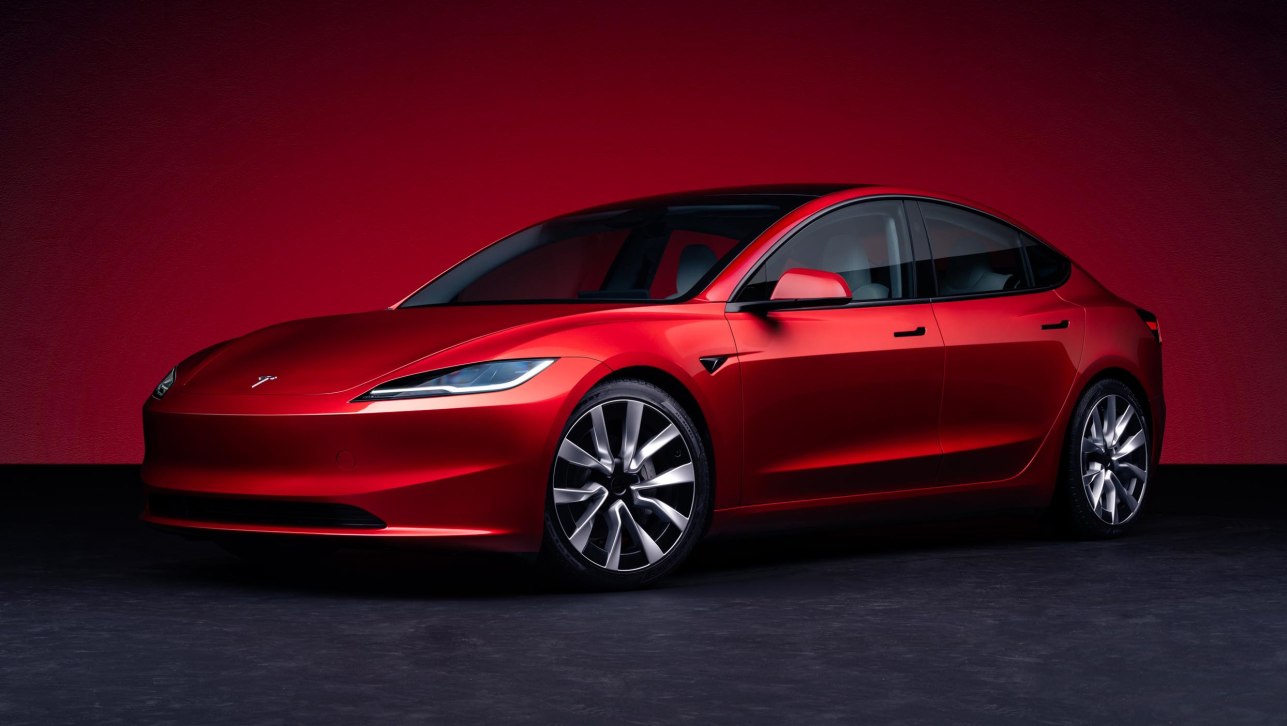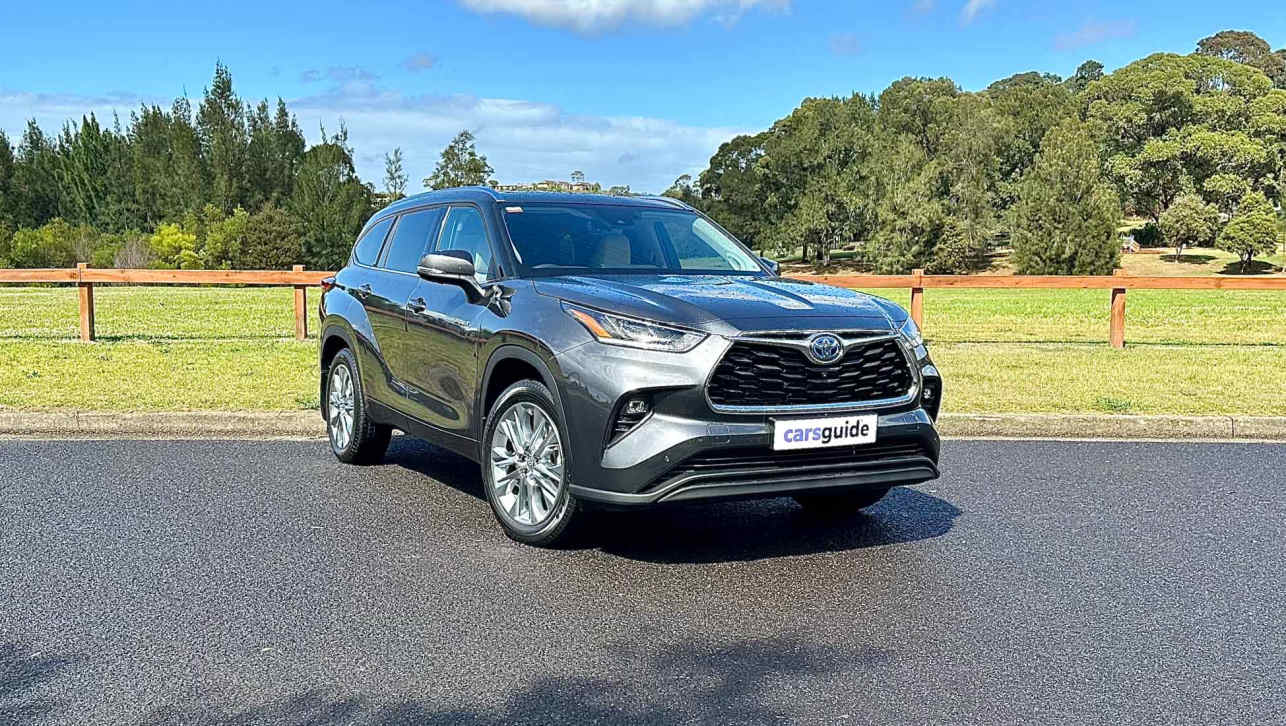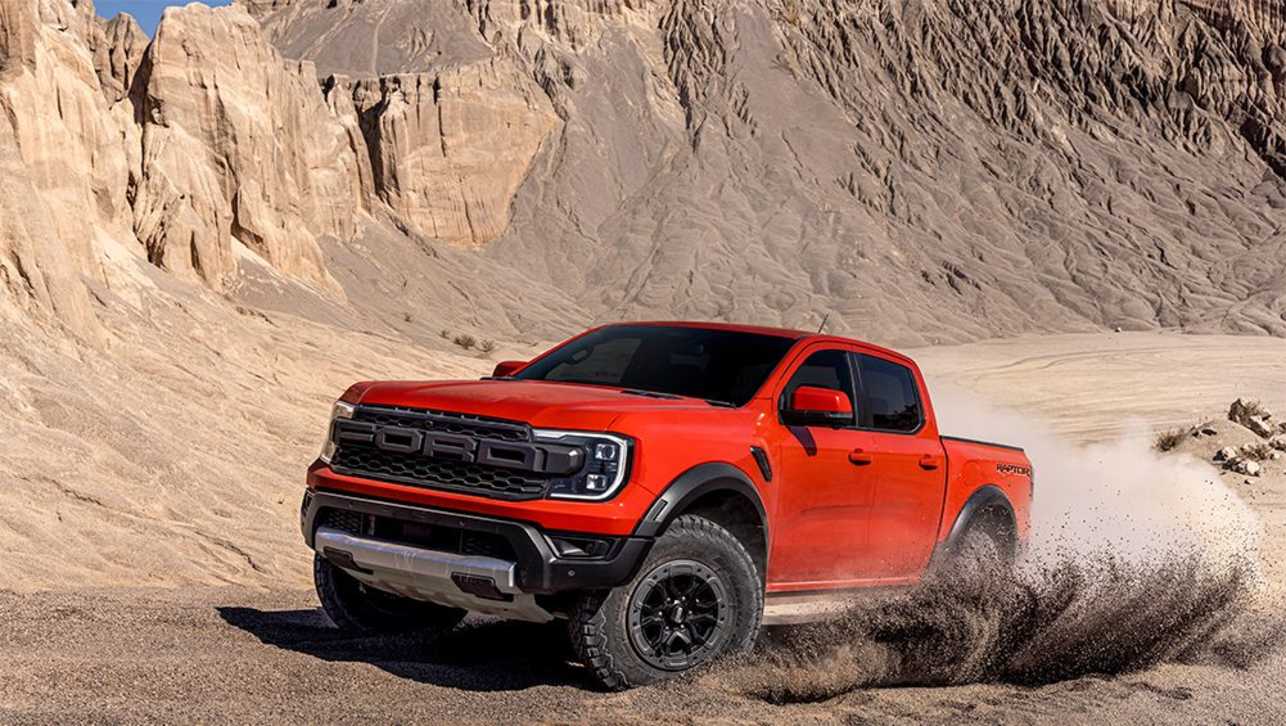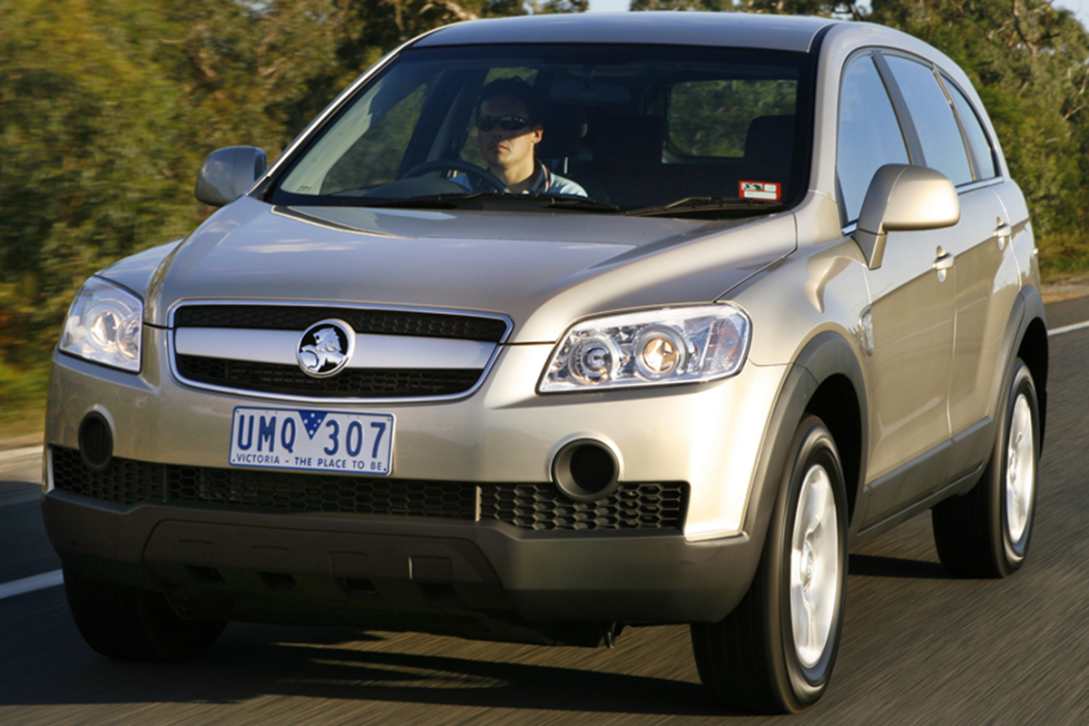The car industry is reeling from the Federal Government's increase in the luxury-car tax.
The hike will add $638.64 to the price of a $67,800 Audi A4 2.7TDI and a staggering $50,837 to a Rolls-Royce Phantom.
But it's not only imports that are penalised.
Prestige and luxury cars such as the Holden Statesman/Caprice and Ford's Territory and Ghia Turbo will also be hit, along with performance cars from Holden Special Vehicles and Ford Performance Vehicles.
FPV boss Rod Barrett says the increase “certainly won't make our job any easier.”
“In this day and age when we're putting in safety gear like sensors, cameras and curtain airbags, it's disappointing,” he says.
Describing FPV as a niche company, he says the tax hike “may be enough to put off many prospective buyers.”
FPV launched its new FG Falcon-based range this week and will have to put prices up when the tax increase comes into effect.
Other car industry executives say it may be absorbed on some models but passed on to motorists on others.
Mercedes-Benz Australia Pacific managing director Horst von Sanden condemns the tax increase as “environmentally irresponsible and a body blow to occupant and vehicle safety.”
He says it penalises people who can afford safer vehicles and is a tax on innovation and clean-engine technology.
Others say it could lead to job losses.
The luxury-car tax on cars costing more than $57,000 will rise 8 per cent, from 25 per cent to 33 per cent, affecting about 105,000 car purchases a year.
Porsche Cars Australia managing director Michael Winkler says the tax will be counter-productive, harmful and “put at risk the jobs of thousands of Australians employed in the premium-automotive sector'.'
These thoughts were echoed by other luxury importers and heavy hitters in the motor industry including; the Victorian Automobile Chamber of Commerce, Australian Automobile Association and the Federal Chamber of Automotive Industries.
Winkler says the increase will have, at best, a neutral net revenue effect.
“But probably a negative revenue effect because gains from higher taxes will be offset by the expected reduction in car sales,” he says.
“To place at risk the jobs of employees in premium-car dealerships across the country selling and servicing predominantly European cars for a potentially zero gain in revenue is naive and unnecessary.”
Winkler says he expects fewer expensive cars will be bought.
“It will be middle-class Australia – the very people the Rudd Government claims to represent – that will be most likely to feel the pinch,” he says.
Audi managing director Joerg Hofmann says the Government has a direct interest in making cars safer and cleaner “yet has effectively put this kind of technology at risk for Australian buyers, a move that seems directly at odds with its green agenda.”
Critics say the impost is one-sided because there is no tax on other luxury goods such as helicopters, planes and boats.
FCAI chief executive Andrew McKellar described it as discriminatory.
“The luxury tax should be abolished altogether, not increased,” he says.
“This is bad policy. There is no need for the Government to be increasing any tax in this Budget and it simply calls into question the motive behind this increase.”
“The tax is a distortion in the Australian market because it applies only to cars, not other so-called luxury items.”
McKellar says the luxury threshold has not kept pace with past changes in vehicle pricing.
He says it will hurt families who are looking to buy a vehicle that has the space, safety features they want, and need.
The AAA's director of research and policy, John Metcalfe, says the move is a tax on car safety.
“By setting a threshold price, manufacturers will work to keep vehicles under that price. This will mean important safety features such as electronic stability control and side curtain airbags may not be included,” he says.
Metcalfe says the tax also pre-empts the Government's own Automotive Industry Review, which is still taking submissions.
How much will they cost? Just exactly how much are you going to pay for a prestige or luxury car now under the new rules?
Imported cars are hardest hit by the new LCT threshold, but some of our home-grown brands also suffer. Here is a table of the price changes.
Click here to see which vehicles and how much they have increased







.jpg)
.jpg)
.jpg)

.jpg)





.jpg)

.jpg)










Comments